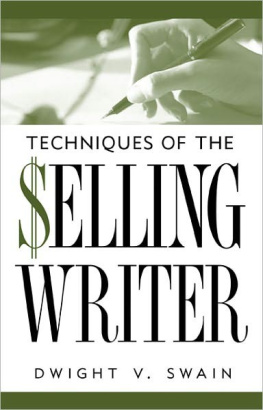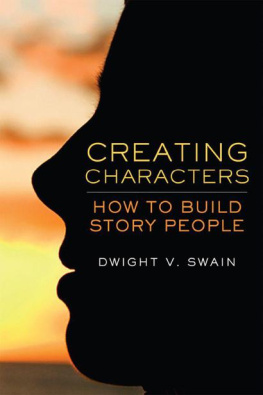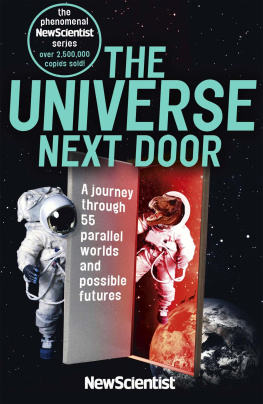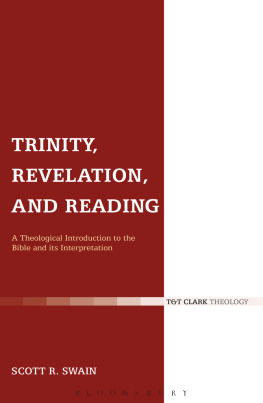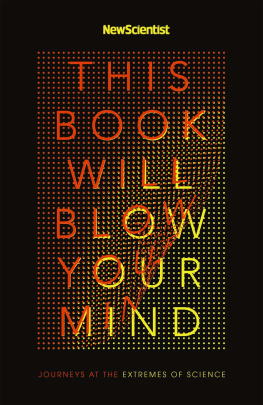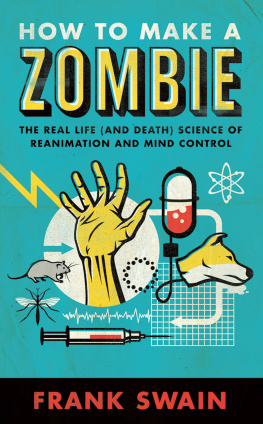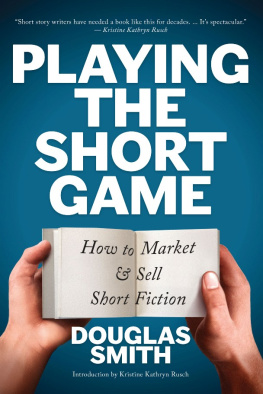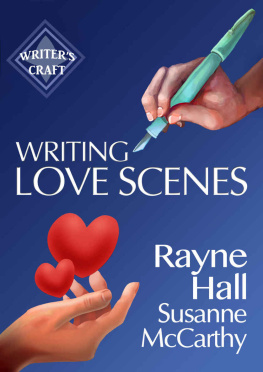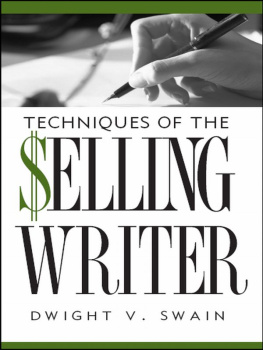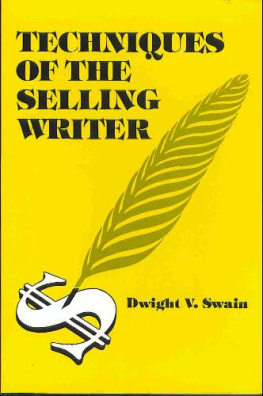CHAPTER 1
Fiction and You
A story is experience translated into literary process.
You need to know only four things in order to write a solid story:
how to group words into motivation-reaction units;
how to group motivation-reaction units into scenes and sequels;
how to group scenes and sequels into story pattern;
how to create the kind of characters that give a story life.
This book tells you how to do these things; these, and many, many more. In detail: step by step. The tricks are here... the tools, the techniques, the devices. Youll find them in Chapters 2 through 9.
Are these things hard to learn? Not at all.
At least, not if you take the job a step at a time, so that you understand why you do each thing, as well as how.
Then why do so many people find it difficult to learn to write? They fall into traps that slow them down and hold them back. Eight traps, specifically:
1. They take an unrealistic view.
2. They hunt for magic secrets.
3. They try to learn the hard way.
4. They refuse to follow feeling.
5. They attempt to write by rules.
6. They dont want to be wrong.
7. They bow down to the objective.
8. They fail to master technique.
Every one of these traps is a major hazard. Therefore, before we get down to specific skills, lets consider each in detail.
Reality and the writer
Can you learn to write stories? Yes.
Can you learn to write well enough to sell an occasional piece?
Again yes, in most cases.
Can you learn to write well enough to sell consistently to Redbook or Playboy or Random House or Gold Medal?
Now thats another matter, and one upon which undue confusion centers.
Writing is, in its way, very much like tennis.
Its no trick at all to learn to play tennisif you dont mind losing every game.
Given time and perseverance, you probably can even work yourself up to where Squaw Hollow rates you as above-average competition.
Beyond that, however, the going gets rough. Reach the nationals, win status as champion or finalist, and you know your performance bespeaks talent as well as sweat.
So it is with writing. To get stories of a sort set down on paper; to become known as a leading Squaw Hollow writer, demands little more than self-discipline.
Continued work and study often will carry you into American Girl or Mens Digest or Real Confessions or Scholastic Newstime. But the higher you climb toward big name and big money, the steeper and rougher your road becomes.
At the top, its very rough indeed. If you get there; if you place consistently at Post or McCalls or Doubleday, you know its because you have talent in quantity; and innate ability that sets you apart from the competition.
Now this doesnt seem at all strange to me. The same principle applies when you strive for success as attorney or salesman or racing driver.
Further, whatever the field, no realist expects advance guarantees of triumph. You cant know for sure how well youll do until you try. Not even a Ben Hogan, a Sam Snead, or an Arnold Palmer made a hole-in-one his first time on the links. To win success, you first must master the skills involved. A pre-med student isnt called on to perform brain surgery.
Goodthat is, salablestories presuppose that you know how to write, how to plot, how to characterize, how to intrigue readers; how to make skilled use of a hundred tools.
A book like this one shows you these basic tricks and techniques.
What you do with those devices, however; how well you use them, is a thing that must ever and always depend on you: your intelligence, your sensitivity, your drive, your facility with language.
Your talent.
But before you shrug and turn aside, remember just one point: In writing, more than in almost any other field, initiative is the key. Ernest Hemingway had to write a first line and a first story too. So did John Steinbeck and Edna Ferber, Faith Baldwin and Pearl Buck and Frank Yerby and Erle Stanley Gardner. Each followed the same path. Each linked desire to knowledge, then took his chances.
Try it yourself. You may prove more able than you think.
The hunt for magic secrets
Observe Fred Friggenheimer, a non-existent beginning writer. This morning, the postman brings Fred a shiny new Mephisto Supersonic Plot Computer.
This device has cost Fred twenty-five dollars. Its value, in terms of the benefit he can derive from it in his efforts to write better stories, isnt twenty-five cents.
Unfortunately, novices in the field of fiction often tend to a child-like faith in magic keys or secret formulas.
No such key exists. There isnt any formula or secret.
At least, no single secret.
Thats worth remembering. No one can call his shots as a writer until he abandons his dreams of magic keys and, instead, looks reality s+: straight in the eye.
What is reality?
Reality is acknowledging the complexity of fiction. Its accepting the fact that both you and I are human, and that we must crawl before we walk, and that the journey of a thousand miles begins with a single step.
Corollary: A lot more steps must of necessity follow Number One.
Thus, four boys in Friend Friggenheimers town last night stole the chalice from a church. Caught, they reveal that theyve been reading up on witchcraft and want to try to evoke Satan.
Fred reads about the incident in his morning paper. It intrigues him. Here, he tells himself excitedly, is a story!
Freds wrong. The theft is an incident. With skilled handling and the development of a point of view and dynamic characters and complications and climax and resolution, it quite possibly may build into a story. But for now, it remains an incident and nothing more.
A story is a complex thing. Its materials demand skill in their manipulation.
Story components, in turn, dont stand alone, nor yet hang in a vacuum. Theres no such thing as plot, per se, or character, or setting.
Neither is story merely words or language... let alone style, or symbol, or imagery, or structure.
Vie experts do us badly here. Too often, they give the impression that a single player makes a ball team.
Take Freds friend George Abercroft (like Fred, hes really non-existent), a specialist in story structure. Organization is the important thing, he says. Learn pattern, and it will solve your every problem.
But a superior architect may prove a poor carpenter; and you the writer must execute your works as well as plan them.
The specialist in character, in turn, sneers at plot as if it were a dirty word... conveniently forgetting that its impossible truly to delineate character sans situation.
Ignoring content, the stylist prays to Flaubert and performs assorted sacred rites with language... as if the garment were more important than the wearer.
So many specialists... so many out-of-focus answers.
And each authority is dangerous to the very degree that hes correct, because thats also the degree to which he distorts the actual picture. Put four such specialists to work as a group, designing a woman, and she might well turn out like the nightmare of a surrealistic fetishist, all hair and derrire and breasts and high French heels.
So... no magic key. No universal formula. No mystic secret. No Supersonic Plot Computer.
Its enough to plunge a man to the depths of despair. --Not to mention frustration.
Yet theres another way to look at your dilemma, and that way just may point you to salvation.
Consider: Do you really want to succeed just because you possess a magic secret?

